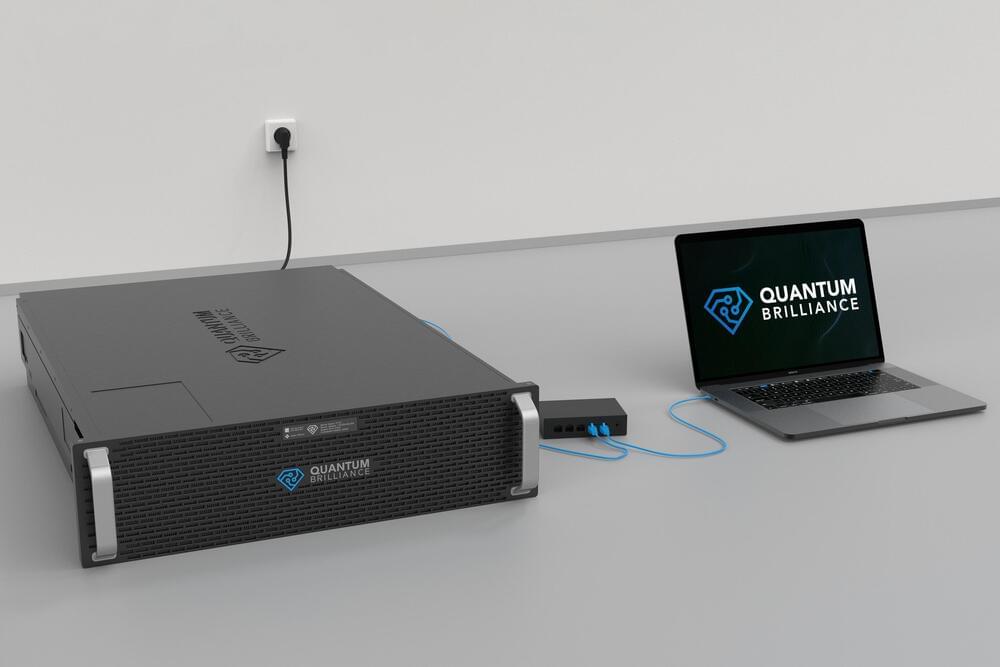Using far more advanced imaging techniques than those of their earlier contemporaries, researchers at the DOE’s Argonne National Laboratory are working to develop a brain connectome — an accurate map that lays out every connection between every neuron and the precise location of the associated dendrites, axons, and synapses that help form the communications or signaling pathways of a brain.
Sept. 24 2021 — As part of the Aurora Early Science Program, Nicola Ferrier of Argonne National Laboratory is leading a project that will use exascale computing power to help advance efforts to develop a brain connectome.









